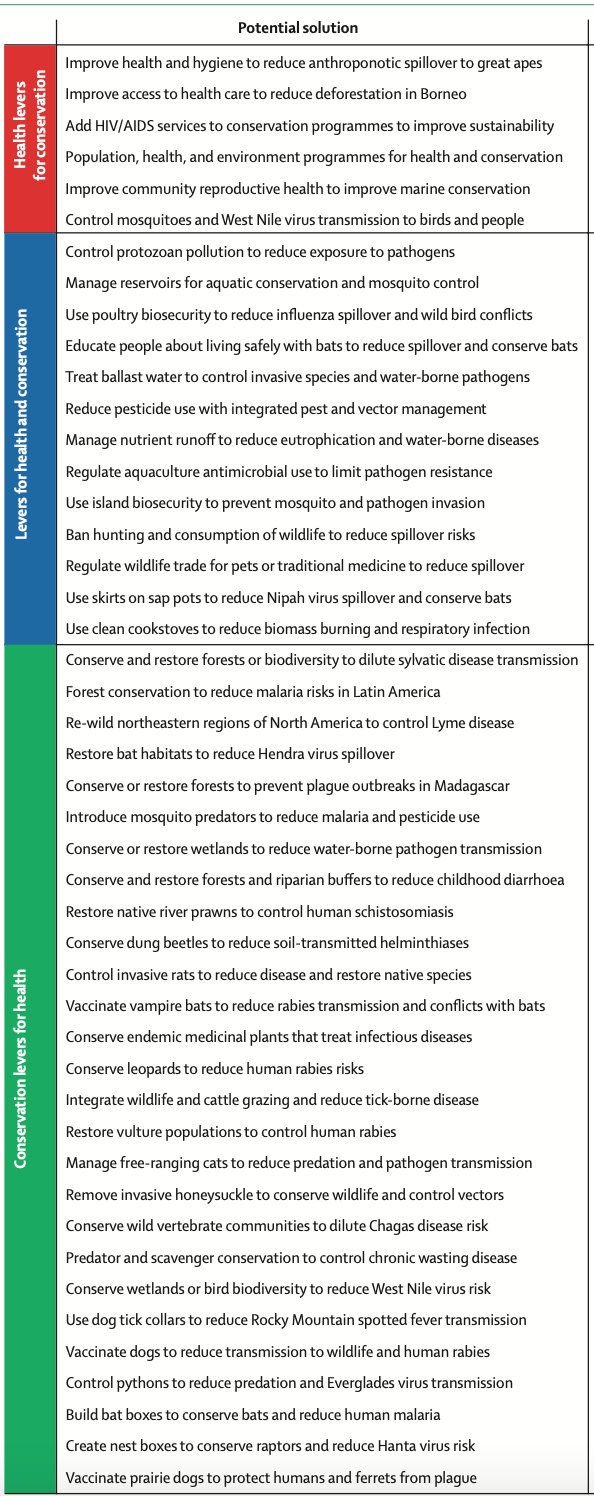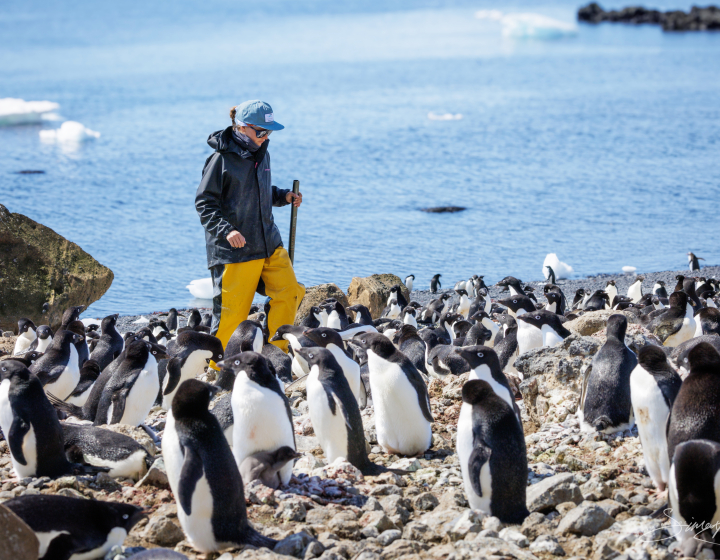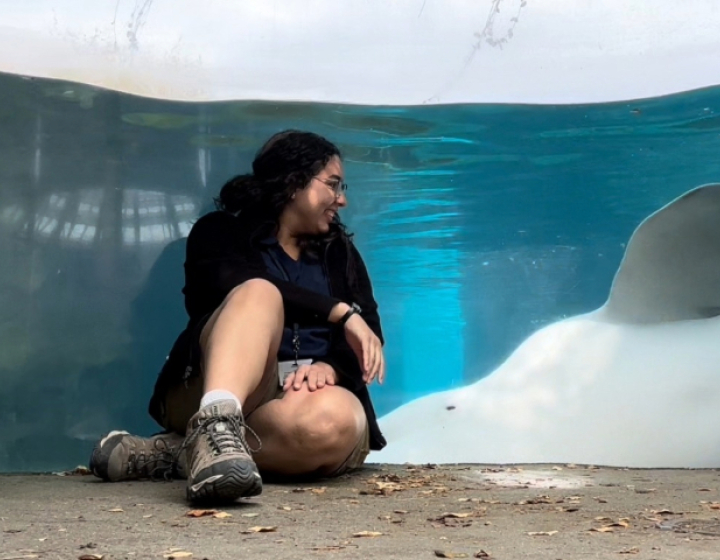One Health, 46 solutions to save the planet
In a large-scale effort to reduce human infectious diseases and conserve human and animal life, researchers have collated and reviewed the evidence for 46 solutions that aim to advance the United Nations’ Sustainable Development Goals. These solutions, published Aug. 1 in the Lancet Planetary Health, cover a broad swath of ideological and geographical ground, from accessing health care in Borneo, to restoring forests in Madagascar, to controlling pythons in the Florida Everglades.
“These win-win solutions were widespread and diverse,” said Dr. Kathryn Fiorella, assistant professor in the Department of Public and Ecosystem Health at the College of Veterinary Medicine and one of 28 multidisciplinary authors on the paper. “They were found on all continents except Antarctica, they reduced burdens of most types of human parasites or pathogens and they addressed most of the major environmental threats identified by the International Union for Conservation of Nature.”

In the North Carolina State University-led paper, “Evidence Gaps and Diversity Among Potential Win–Win Solutions for Conservation and Human Infectious Disease Control,” the team of researchers from multiple institutions — whose expertise range from public health, ecology and conservation, veterinary medicine and beyond — did a literature review on interventions that reduce human infectious disease while advancing conservation goals. This resulted in 46 proposed interventions, which they then evaluated for feasibility based on available evidence. Fiorella and her colleagues’ evaluation found that approximately a third of them are safe and feasible for implementation now. Others were promising but needed more data.
“We considered when and where the intervention worked, if it had any co-benefits or collateral impacts and how much evidence there was for prior success,” Fiorella said. Each intervention varies in scale, costs and impacts. The authors then created an online database, divided the solutions into categories and described the level of evidence for each.
All of the solutions employed a One Health mindset, in which the health and well-being of animals, people and the planet are inextricably linked. One such solution is restoring vulture populations in Asia to control human rabies. Vultures feed on livestock carcasses that were previously treated by the veterinary drug Diclofenac, toxic to vultures but not to free-ranging dogs that carry rabies. By switching from Diclofenac to a vulture-friendly veterinary drug like Meloxicam, vulture populations can recover, helping reduce free-ranging dog populations and thus human rabies exposure.
Switching these drugs is not a totally new concept. Diclofenac has already been banned in multiple countries, including India.
There are similar solutions that everyday people can implement as well, as simple as vaccinating your dog against rabies. “This reduces human rabies risks and protects wildlife,” Fiorella said. “It’s also a solution that many individuals have the power to contribute to.”
The study leverages the diverse backgrounds of its many authors. Fiorella’s overall expertise in One Health approaches to fisheries, livelihoods and nutrition, among other subjects, came into play in evaluating a wide array of the 46 solutions, including the ways HIV/AIDS impacts the environment, and the proposed solution of restoring native river prawns to control human schistosomiasis, a parasitic disease caused by trematode worms. “It’s a solution I find very promising,” Fiorella said.
These 46 proposed interventions are aimed at practitioners and policymakers. “Which solutions will be best for them, however, depends on the problems that they are trying to solve, their budgets and how willing they are to accept the risk that the intervention could fail to work or could have collateral impacts,” Fiorella said.
She anticipates incorporating the case studies they identified into a new course on planetary health planned for the spring 2023 semester.
Written by Melanie Greaver Cordova






